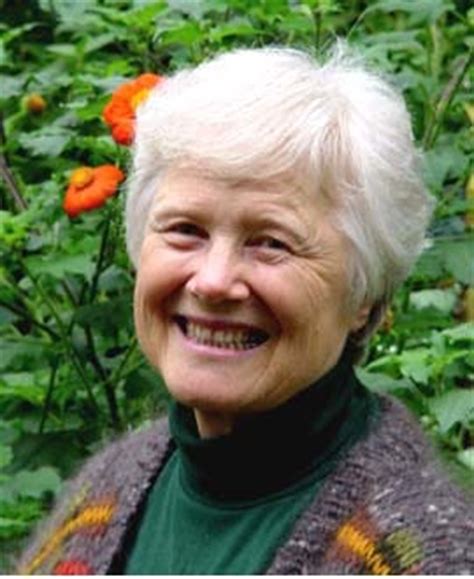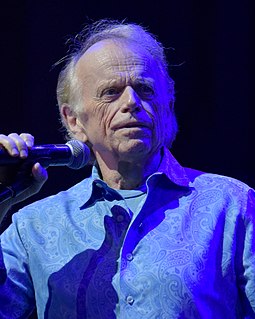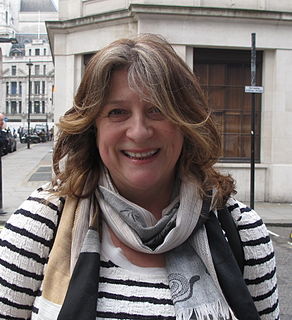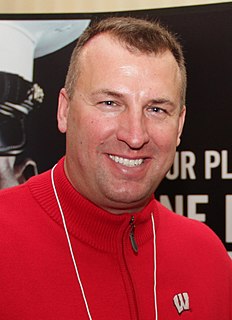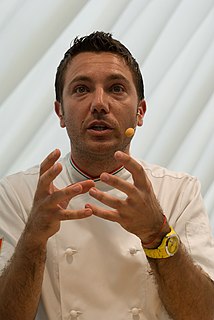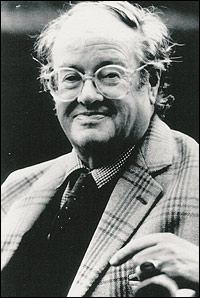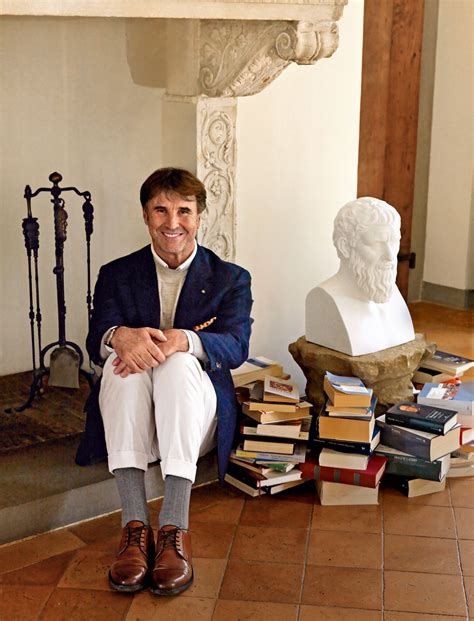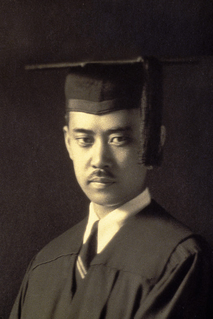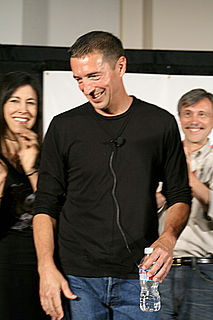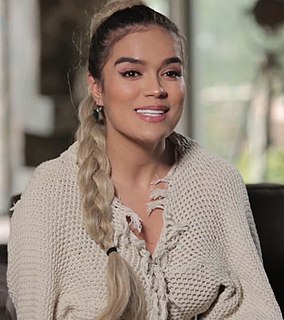A Quote by Trina Paulus
Visits to 'the country' were very important to me growing up, especially working on the farm, experiencing all the wonders of cats and chickens and pigs and calves and outhouses!
Related Quotes
Growing up on a farm taught me a reverence for all forms of life. We were a large and poor farm family, so that meant that we had to kill and eat our animal friends. When you do that you are aware of the sacrifice that someone is making so that you may live. My mother always made sure we were thankful for those precious gifts.
India went through a dramatic revolution after the '90s when our economy started opening up for the first time and Indians were now experiencing the Western life, if you will. Drugs and sex and a lot of those influences came in as the economy stabilized, and we were growing up and experiencing that. The Indian writing market was very small at that time. Our literature was very attuned to what Western audiences were interested in, so everybody was writing about the slums in India and magic realism or stories about Hindus and Muslims and partition.
It's just that I have this funny objection to torturing small animals no matter how scrumptious their body parts might be. ... Our food industries are equal opportunity abusers: cows, chickens, pigs, and a special mention to those little calves who for their short, miserable lives are locked into crates too small to allow movement just so we can eat veal.
